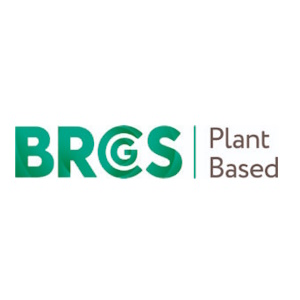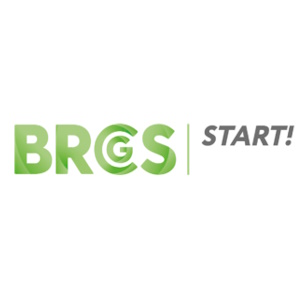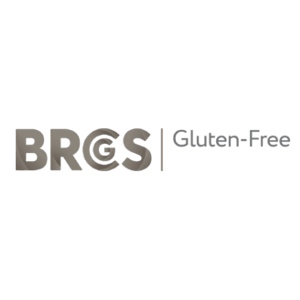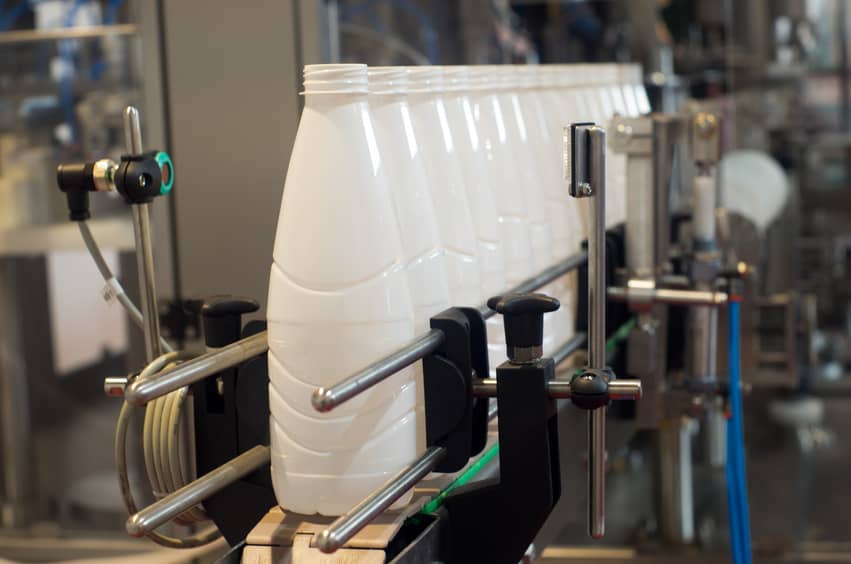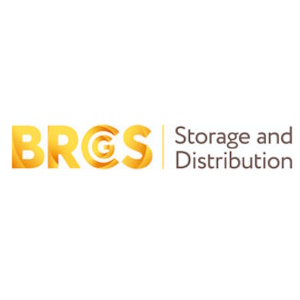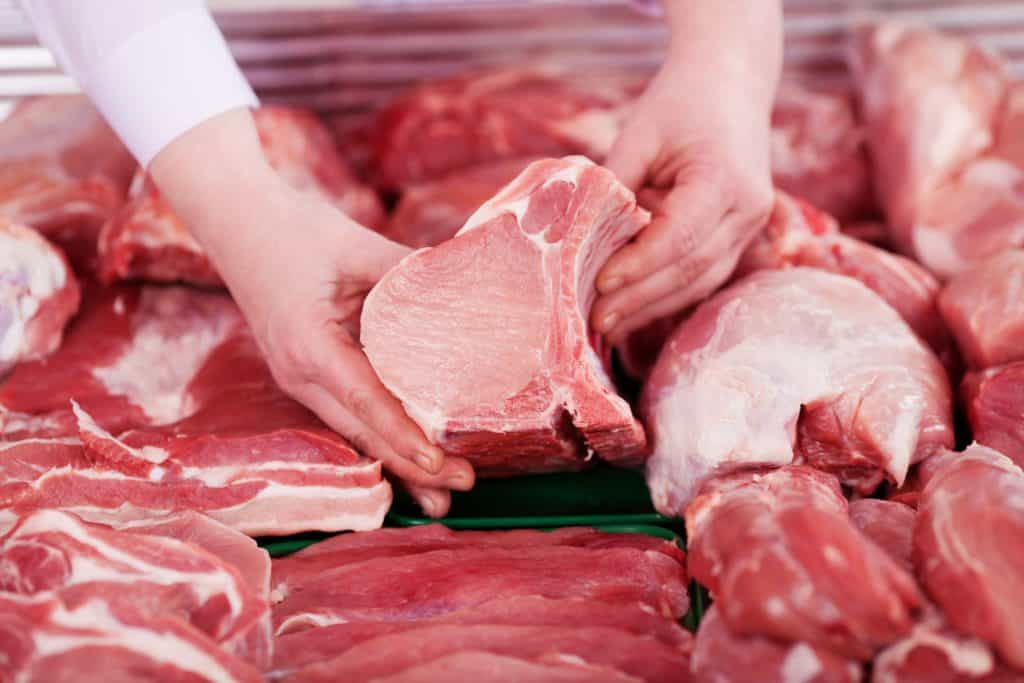Key Elements of the Food Safety Modernization Act and the Global Food Safety Initiative
What’s New in BRCGS Food Issue 9?
BRCGS and Food Safety Modernization Act
FSMA Preventive Controls and HARPC
The Food Safety Modernization Act (FSMA) is U.S. legislation which provided the Food and Drug Administration (FDA) enhanced enforcement authority. FSMA established new food safety regulations for the growing, processing, manufacture, packing, storage, and distribution of domestic and imported food products. Since its enactment, FSMA rules were developed to outline the minimum requirements when producing, handling and/or distributing food under FDA regulatory authority for sale and consumption in the U.S.
Rules affecting produce growers, food manufacturers, foreign suppliers and businesses involved in the storage and distribution of food products include the following:
- Standards for the Growing, Harvesting, Packing, and Holding of Produce for Human Consumption
- Current Good Manufacturing Practice, Hazard Analysis, and Risk-Based Preventive Controls for Human Food
- Current Good Manufacturing Practice, Hazard Analysis, and Risk-Based Preventive Controls for Food for Animals
- Mitigation Strategies to Protect Food Against Intentional Adulteration
- Sanitary Transportation of Human and Animal Food
- Foreign Supplier Verification Programs for Importers of Food for Humans and Animals
Is your business affected by one or more of these rules? If so, accredited food safety certification to a GFSI-recognized standard is one way to get your operation on track for regulatory compliance.
How do I comply to FSMA?
Certification to FSMA Module (Food Safety Modernization Act) is available as an add on to your BRCGS audit with FoodChain ID Certification.
Does GFSI-recognized certification ensure compliance with the rules?
Global Food Safety Initiative (GFSI) recognized certification programs are based on private food safety standards rather than specific country legislation. GFSI-benchmarked standards are HACCP-based food safety management systems which align with many of the science and risk-based requirements of the FSMA.
Since publication of the final FSMA rules, many GFSI certification program owners (CPOs) conducted independent studies to demonstrate how their standard aligned with Preventive Controls regulation. In general, results of the analyses demonstrated close alignment between benchmarked standards and the regulation, with some CPOs developing additional modules and guidance documents to support certified companies in adapting their GFSI-recognized program to meet and exceed regulatory requirements.
In response to GFSI’s upgraded Benchmarking Requirements v7.0 document, recognized standards are further closing the gap between their programs and FSMA rules to support GFSI certified sites in implementing a comprehensive food safety management system which merges industry best practices and global food regulation.
I’m a foreign supplier, how does FSMA apply to me?
Foreign suppliers’ food safety management systems are verified through one of two ways with respect to the rules.
The first way is through a food manufacturer’s supply-chain program as required by subpart G of the Preventive Controls rule. Businesses subject to Preventive Controls requirements are responsible for establishing and implementing a risk-based supply-chain program to control identified hazards in raw materials and ingredients. The program requires the use of approved suppliers, application of material acceptance procedures and supplier verification activities to ensure that identified hazards are mitigated and prevented from entering the food supply chain.
The second way is through import requirements detailed in the Foreign Supplier Verification Program (FSVP). U.S. importers of record are required to conduct a hazard analysis for each type of imported food to identify significant food hazards as well as conduct a risk assessment to determine supplier fitness for the production of food which meets U.S. regulations. Depending upon the outcome of the hazard analysis and risk assessment, the importer is responsible for conducting one or more verification activities, which may include an on-site audit of the supplier’s operation to ensure regulatory compliance.
Tools for regulatory compliance
Regulatory compliance with country specific food legislation such as FSMA can seem overwhelming in a global supply chain. Fortunately, there are globally recognized and standardized systems and tools to help your operation stay ahead of the curve.
- For environmental monitoring and product testing, ensure analysis by an ISO 17025 accredited laboratory.
- For effective food safety management, certify to a GFSI-recognized program, which provides the framework for risk-based management of food hazards, fraud and security threats.
- For on-site supplier verification audits, ensure assessment by a qualified inspector or third-party auditor of an accredited certification body.


